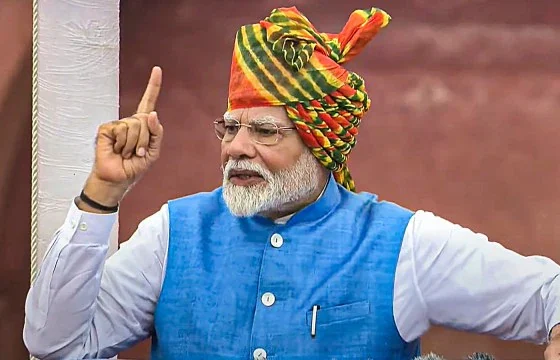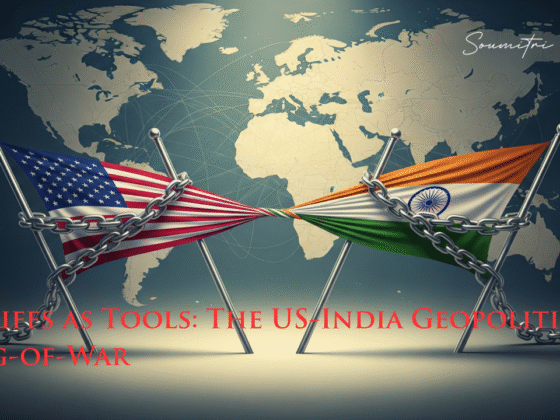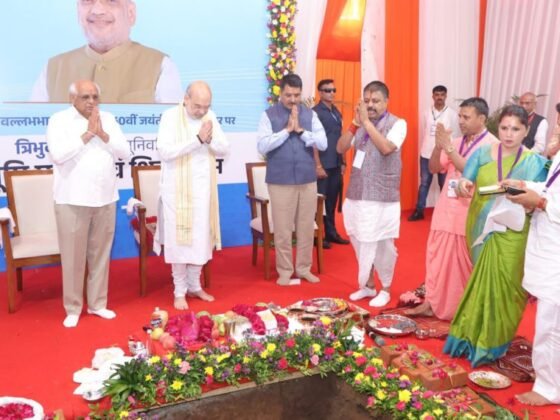“Don’t enter the temple and the kitchen”
‘Don’t touch the pickle’
Almost every girl in an Indian family has heard these statements as she begins her menstrual cycle. Some of the myths related to periods will sound so factual that you will actually start considering it as a fact. One of the fallacies about menstruation is that you lose a lot of blood.
Is that right, though? Well, no according to the National Health Services UK, on average, women bleed around 6-8 teaspoons of blood per cycle and the highest loss of blood could be around 16 teaspoons total.
There might be some cases where periods lasts more than average of 4-7 days and it maybe cause you to call a gynaecologist.
Among these myths and stereotypes, one of the poor myths is women shouldn’t cook anything during their periods and cooking during the periods can spoil their food. According to a survey done in the rural areas of India, 55 per cent of the girls or women believed they could not enter the kitchen during their periods. In many parts of India such as Central Maharashtra women are said to stay separately in huts and are not allowed to cook.
Not just Maharashtra but women from different parts of India are also banned from their kitchens during their periods. Women are considered as ‘impure’ during their menstruation cycle and one of the explanations says that a touch of women during her periods can be unclean and her touch can sour the food.
Such taboos which are still practiced in our country leads to the path of gender inequality. Periods is a natural and healthy monthly cycle, but it is completely portrayed as the polar opposite. Another taboo known as ‘Chhaupadi’ which is practised in the Western parts of Nepal prohibits menstruating women and girls to participate in normal family activities.
Not just this but according to this myth a woman during her periods couldn’t stay inside the house and they are considered “impure”. Even Japan, which is known to be a most educated country in the world doesn’t allow women during their periods to make sushi as their ongoing menstruation gives them an unbalance in taste.
Women can’t Enter Holy Temples
Another superstition which exists in a number of cultures including Bali, India and Nepal. When a woman is menstruating, she is considered impure and thus is not allowed into sacred places like temples. Some also believe that a woman’s period contains some negative energy and that she should avoid worshipping during that time.
Sadhguru who is known to be the greatest motivational speaker has also defended the practice of banning women from entering kitchen or places of worship. He further said that women were kept away from temples because of their conditions and would attract “bad energy”.
Some cultures forbid women from washing their hair while menstruating.After childbirth in villages, women are forced to endure 30 to 40 days of postpartum confinement, during which they are instructed to follow a prescribed diet and are forbidden to meet their child’s father.
This is not just taboo but can also be considered as gender inequality. People need to know that menstruation blood is not impure.Like other body parts, once the blood is removed from the body it begins to decompose and gives off the same odour that a decomposed blood would.It is high time that people should start considering periods as a human issue and not only a women’s issue.
One of the stereotypes related to periods also includes that woman should avoid contact with water which is absolutely wrong. During periods women are at a greater risk of infections and thus women need to regularly wash with clean water, keep the area dry and should change sanitary napkins or tampons every three to four hours to avoid any kind of growth of bacteria or urinalinfections.
Similarly, pads should be disposed of properly, because if they are thrown out without being covered, dogs and other stray animals will pick it up and litter the streets.
Girls in rural areas tend to drop school during their menstruation cycle due to the unavailability of sanitisation and privacy. Having periods is not something we are ashamed of. In fact, not having periods or facing any irregularity in the menstruation cycle is a matter of health concern. In Indian families, girls couldn’t mention the term ‘menstruation’.
Advertisement of sanitary pads using blue ink to depict the absorptive power of those napkins visually describes period blood as ‘impure’. People need to know and understand that it is just a normal psychological function of women.
Earlier when there was only one TV channel available, it was common to see families getting indulge in another important family discussion at the exact moment when advertisements related to periods came onscreen in order to divert attention.
There are some schools today that have sanitization programs for girl students between 9-14 years old, during which they are taught how to manage menstruation, the importance of maintaining cleanliness during the menstrual cycle, and they are provided with free sanitary pads.
However, no discussion is arranged to normalise the taboo regarding periods. Along with menstruation hygiene programs, governments and non-governmental organisations (NGOs) must focus on how to educate a girl child on topics such as how to deal with period taboos.
Menstruation is not something to be embarrassed of. It is past time to tackle the taboos around periods that affect women’s culture and to dispel those negative preconceptions. Parents and teachers can play a very effective role in raising awareness around these topics as well as normalising those taboos related to menstruation.
Parents should begin discussing menstruation and period hygiene with their children in an open and honest manner. Boys should be equally told to participate in such discussions to stimulate their perception. World Menstruation hygiene day is also celebrated every year since 2014 to highlight the importance of good menstrual hygiene.With comic books and instructive films, UNICEF is attempting to educate people about menstruation. It is hoped that education will assist children of all genders in accepting menstruation as a natural phenomenon.


 Add to favorites
Add to favorites








